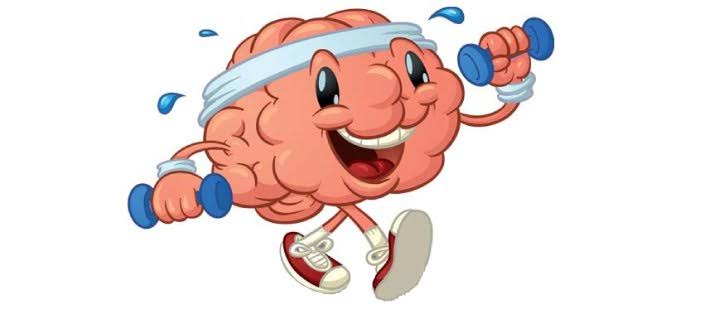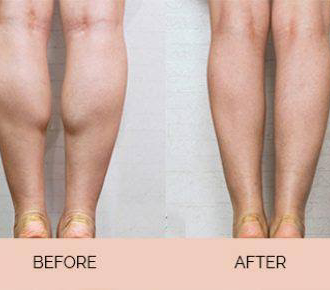
Exercise is any body movement that burns calories. It includes both physical and mental exercise. People exercise for so many reasons, ranging from to stay fit, to prevent serious health conditions.
These conditions include heart disease, obesity, diabetes, and stroke. Some do so to lose weight. Just few, exercise for the benefit of improving the brain.
Exercise has a wide range of interrelated effects on the brain structures, function and understanding. Some exercise have a definite structure of the brain they effect. Research shows that higher levels of blood and oxygen in the brain lead to improved cognition and better function of the prefrontal cortex, the region of the brain responsible for decision-making and reasoning.
Positive Effects Of Exercise On The Brain
Improves Blood Flow: Exercise increases the heart rate which pumps blood to the brain. It also makes the blood vessels stronger that appear to help stop the buildup of plaques linked to dementia
Scientists also believe strong blood flow helps nourish the brain in a way that slows mental decline. Scientists continue to try to figure out exactly how this works.
Prevents Some Diseases: Regular exercise helps prove overall health and quality of life. For people with high blood pressure, exercise can lower your risk of dying of heart disease and lower the risk of heart disease progressing.
Also, people who don’t exercise much have a risk of going down with Alzheimer’s disease and other forms of dementia. Also, exercise helps prevent many of the things that are linked to dementia, such as;
- Obesity
- Diabetes
- Depression
Improves Brain Plasticity: Neuroplasticity is the process by which neurons adapt to a disturbance over time, and most often occurs in response to repeated exposure to stimuli. Younger brains are better at doing this than the older ones. Exercise promotes brain plasticity by stimulating growth of new connections between cells in important cortical areas.
Helps In Remembrance: The Hippocampus is the brain part linked to memory and learning, exercises prevents it’s shrinking that leads to memory loss.
Some studies suggests that regrowth is stronger if you like the activity you’re doing. So find something you enjoy and get going.
Brain Growth: Exercises helps release hormones that provides a good environment for the development and growth of brain cells. Research shows that exercise slows the damage and breakdown of brain cells. It may take many months to get the full benefit, so make a habit of being active.
Also exercise upregulates neurotrophins (brain-derived neurotrophic factor, insulin-like growth factor, and basic fibroblast growth factor). These support the survival and differentiation of neurons in the developing brain, dendritic branching, and synaptic machinery in the adult brain
Improves Sleep And Relaxation: We know exercise can help you keep an even mood, wind down at bedtime, and establish a healthy sleep-wake cycle (circadian rhythm). The exact brain effects aren’t always clear, but people who exercise more tend to get more “slow wave” sleep — the kind of deep sleep that helps revitalize your brain and body. It also drops stress hormone that leads to better relaxation.
Improves Concentration And Information Processing: Exercise increases the number of neurotransmitters like serotonin and norepinephrine, which are known to accelerate information processing.
The iAPF (part of the EEG test or electroencephalogram) measures your ability to focus and pay attention. It seems to go up after you do some intense exercise.





Leave a Reply